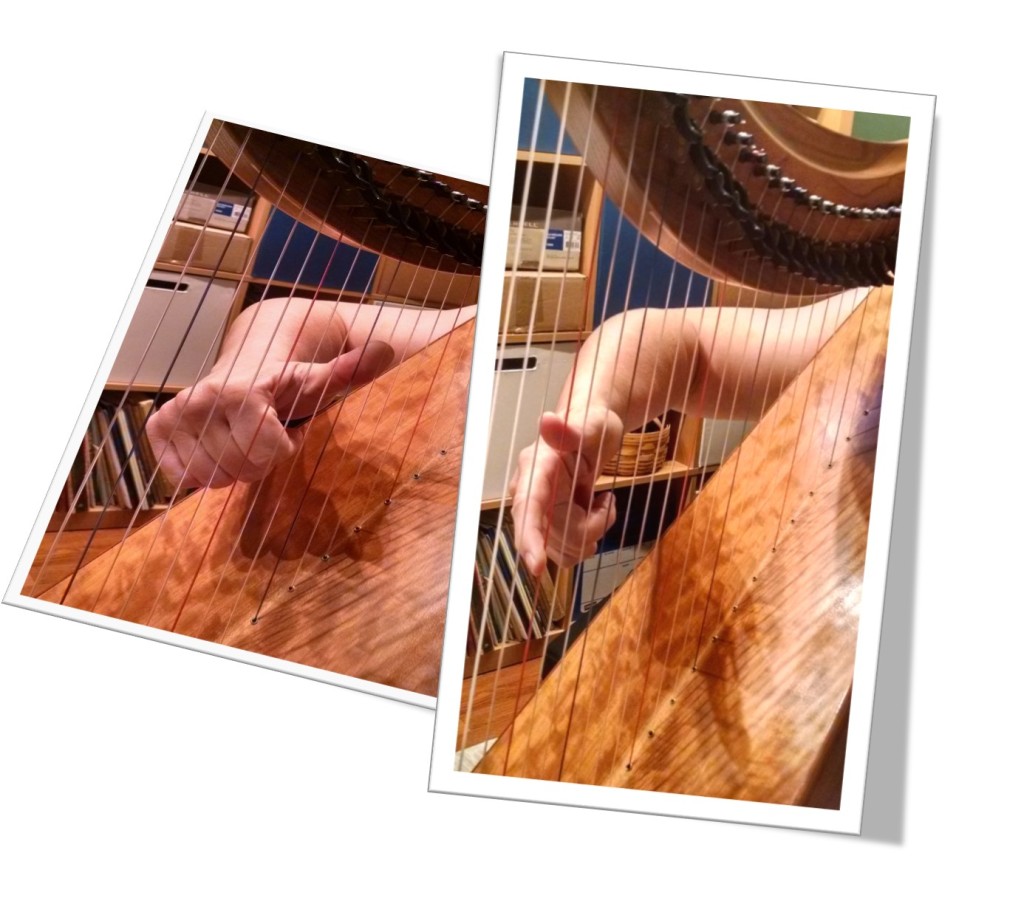Today is double digits day – there are only 99 days remaining in 2015 – so we are losing that feeling like the year will never end and entering into the part where the year seems to be flying by faster than we can see! So the question is – have you done all the harp things you set out to do this year?
If you have, good on you! But more likely than not, there might be a couple of things as yet unfinished. The good news is you have plenty of time to get going on them and likely finish before the end of the year!
 Apparently most people don’t meet their goals (a desired outcome) because they didn’t have enough time. Of course, we all get the same 24 hours each day – it’s how we use them that we need to look at. It is easy to get overwhelmed by the sheer number of things we think we will accomplish in a day (with work, school, chores, tasks and other stuff) – and in that overwhelm we don’t always get to our harps.
Apparently most people don’t meet their goals (a desired outcome) because they didn’t have enough time. Of course, we all get the same 24 hours each day – it’s how we use them that we need to look at. It is easy to get overwhelmed by the sheer number of things we think we will accomplish in a day (with work, school, chores, tasks and other stuff) – and in that overwhelm we don’t always get to our harps.
Which is a shame since the simple act of playing would probably significantly reduce that feeling of unending overwhelm.
There’s no challenge implied here. But imagine what kind of progress you could make if you mindfully moved yourself forward, just a little bit, every one of the remaining days in 2015. It’s a great opportunity to start journaling your practice or actually practicing each day (even if only for 30 minutes!). It’s a chance to do something for yourself, that isn’t bad for you and just might do you some good! At a minimum, it will help you count down the days (and will help highlight how close the holidays are – yikes!).
There’s nothing magic about having 99 days remaining in the year – it’s just a milestone, a time to stop and reflect, to determine if we’re doing the things we want to be doing with our time. Are you in?



